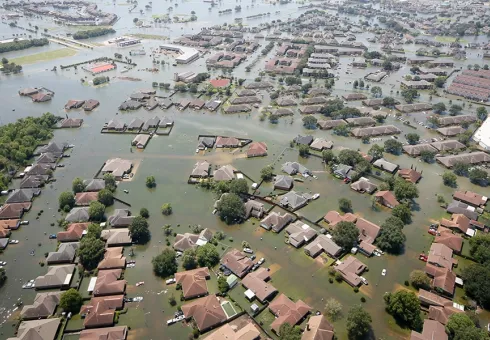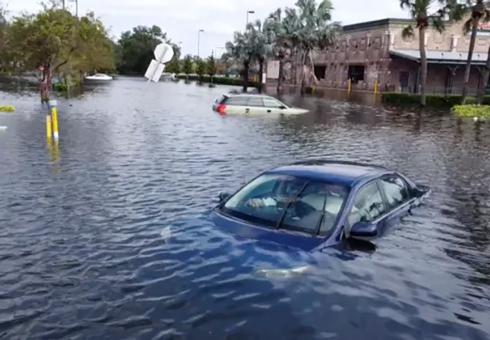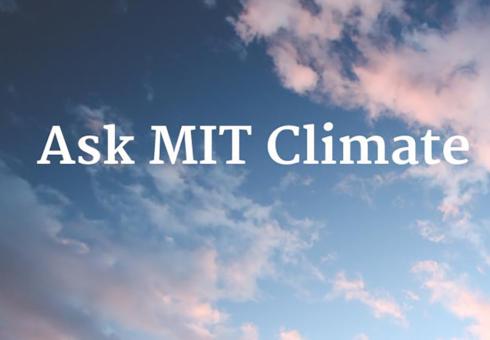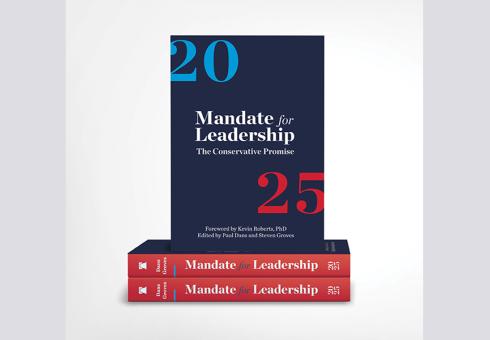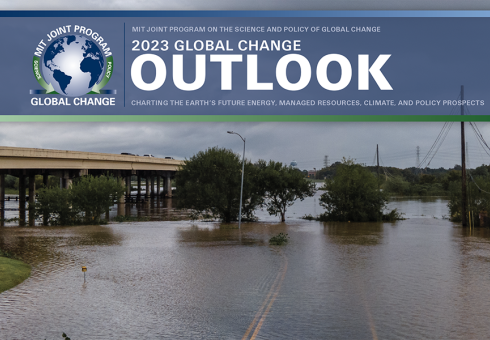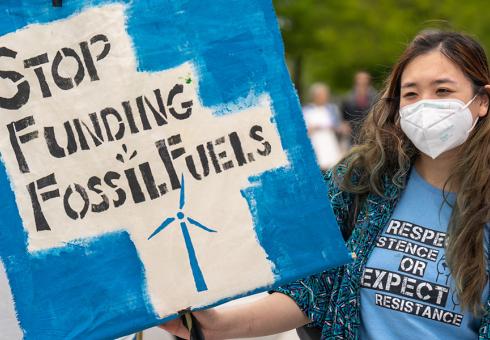Recent agency layoffs and the dismantling of federal relief programs imperil the extreme-weather-prone Lone Star State, says MIT CS3-affiliate/Professor of Management Emeritus Henry Jacoby (Texas Observer)
News and Outreach: Henry Jacoby
First workshop explores concept and potential research directions

Amid growing concern about environmental and socioeconomic “tipping point” events, the MIT Center for Sustainability Science and Strategy (CS3) has launched a new, interactive workshop series aimed at advancing research discussions and collaborations to better understand, predict and inform proactive responses to their potential emergence. The kickoff Tipping Points workshop, held on February 27 on Zoom and facilitated by CS3 Deputy Director C. Adam Schlosser and Principal Research Scientist Jennifer Morris, included an overview of the concept, three flash talks on tipping points science and its potential application, and breakout sessions to identify key research challenges and opportunities.

Amid growing concern about environmental and socioeconomic “tipping point” events, the MIT Center for Sustainability Science and Strategy (CS3) has launched a new, interactive workshop series aimed at advancing research discussions and collaborations to better understand, predict and inform proactive responses to their potential emergence. The kickoff Tipping Points workshop, held on February 27 on Zoom and facilitated by CS3 Deputy Director C. Adam Schlosser and Principal Research Scientist Jennifer Morris, included an overview of the concept, three flash talks on tipping points science and its potential application, and breakout sessions to identify key research challenges and opportunities.
Federal climate inaction imperils property insurance and disaster relief programs amid increase in extreme weather events, say CS3-affiliate/MIT Professor of Management Emeritus Henry Jacoby and co-authors (The Hill)
Emissions are attributed to the country where they happen geographically—even if the energy produced, or the products manufactured, are destined for somewhere else (MIT Climate Portal)
The climate consequences could be serious, MIT Joint Program Founding Co-Director Emeritus Henry Jacoby and co-authors warn (The Hill)
Co-authors say map presented in the Mandate is of 'a road to ruin' (The Hill)
2023 Global Change Outlook quantifies benefits of policies that cap global warming at 1.5°C
A call for a concerted scientific effort to understand the risks posed by exceeding them (The Hill)
Studies show an emerging divide between younger and older Republicans that could help shift the party's stance on climate policy (The Hill)
Climate science/policy book co-authored by MIT Joint Program Co-Founder Emeritus Henry Jacoby among recent titles from Institute faculty and staff

